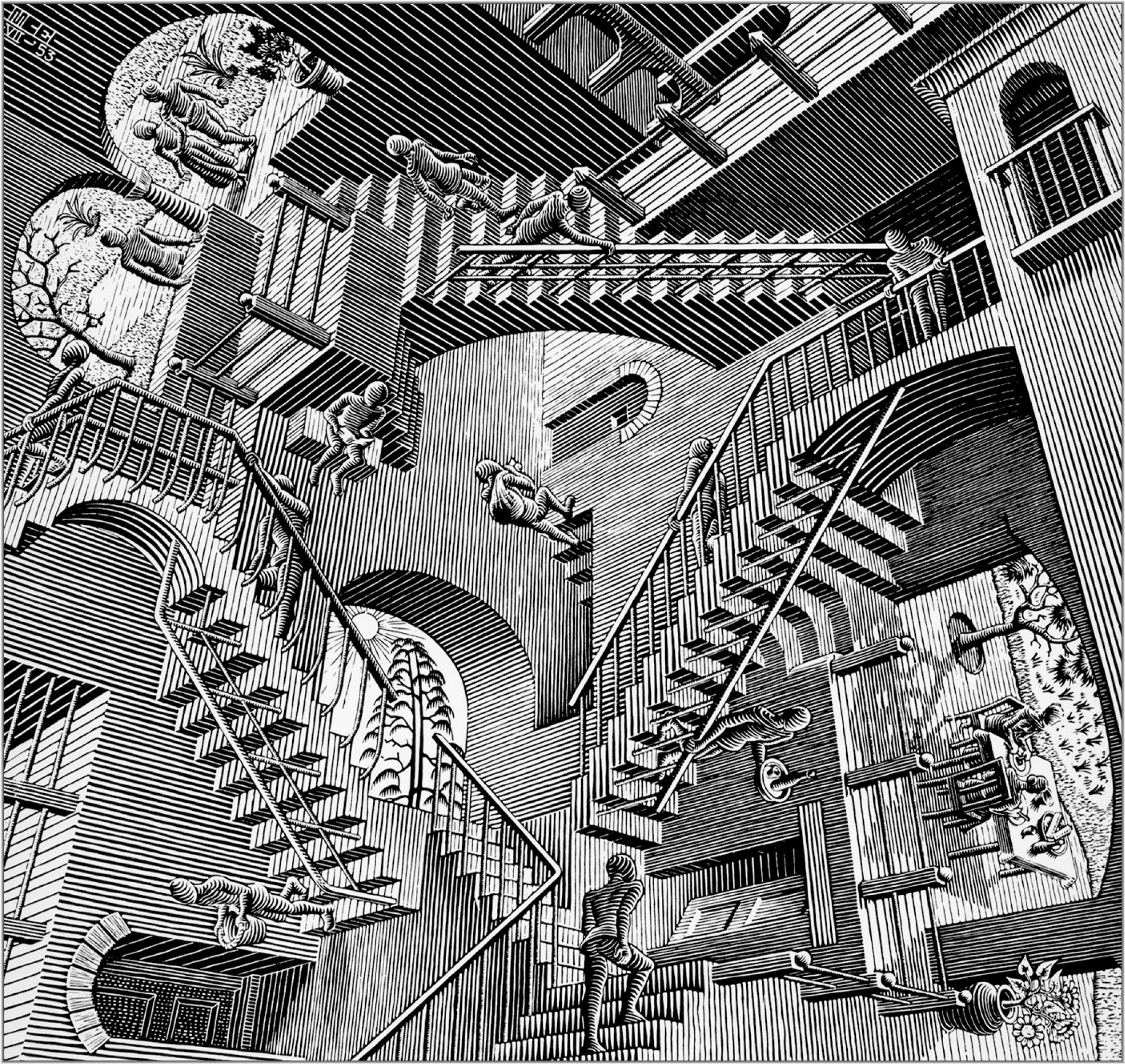
Paradigms (from Greek: *paradigma*) are comprehensive techno-psychological environments. We are convinced that human behaviors and attitudes are shaped by the structures of media technologies we habitually adopt to communicate with each other. Much of this shaping – which is quite different from simple cause-and-effect and is known as "Formal Cause" – occurs when we are young and coming to grips with the world around us. Jean Piaget called this the "Concrete Operational" stage of development, typically happening in the years before puberty and aligning with what used to be call "Grammar School." New paradigms generate different psychologies, as is now underway with Gen-Z (often called the "first digital generation") breaking away from its predecessors, the Millennials and Gen-X. With the new Generation Alpha and beyond, this shift is expected to accelerate – making an understanding of paradigms essential for taking responsibility for our futures.
PARADIGMS

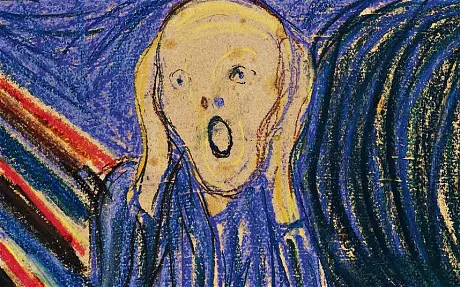
ORAL (???? - c. 500 BC)
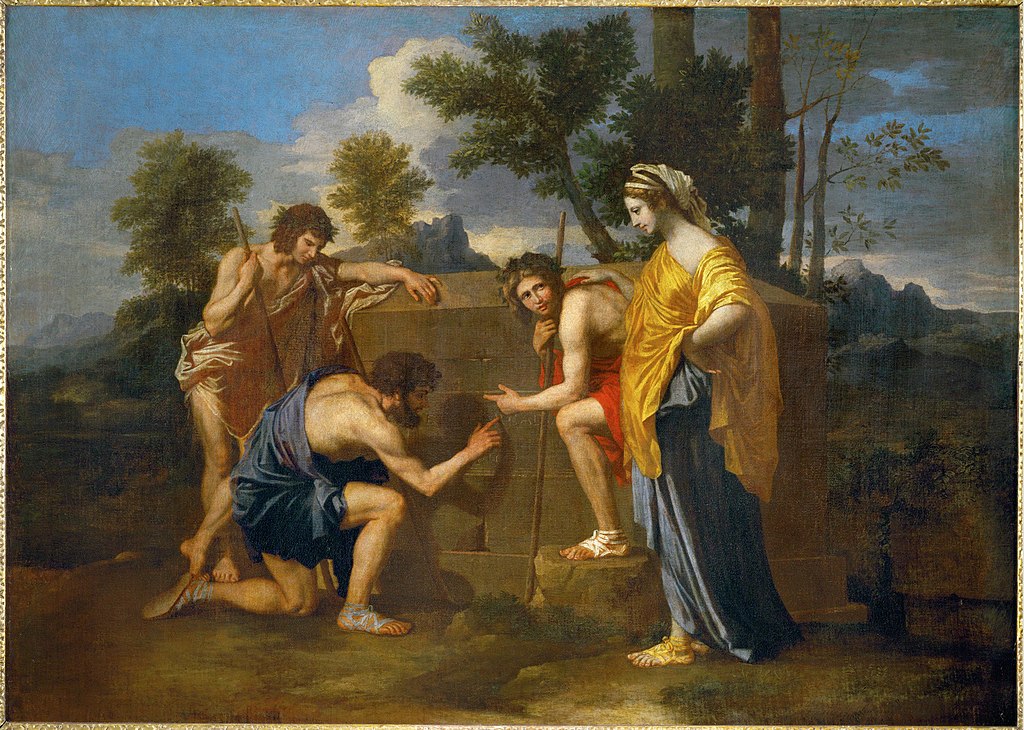
Literacy – even when only for social elites – transformed the oral paradigm. Plato's Socrates stood at the transition between the Oral and Scribal paradigms. In the Phaedrus dialogue, Socrates recounts how the Pharaoh explained to Thoth that this invention would destroy our “memory” – pointing towards the fundamental psychology involved. Socrates wrote nothing. Plato's writing largely survives. The time period when literacy overcame orality is often referred to as the “Axial Age” (a term coined by Karl Jaspers). He meant that history turned on this axis – plus unless written down, can it be called history? Scribal sensibility (named after the “scribes” who copied these texts) gave us the “Great Religions,” based on sacred texts. We believe that we are now retrieving aspects of this sensibility in our current Digital paradigm.
SCRIBAL (c. 500BC-1550)

Gutenberg's 15th century development of movable print changed scribal culture – for the West. Once again, a new communications technology brought a new sensibility to reshape society. Mechanical sensibility – sometimes referred to as a “clock-work world.” Yes, the Chinese had mechanized wood-block printing and even deployed it aggressively in the Tang Dynasty (c. 618-907). But here is where the respective Scribal technologies generated a fork in the road. The West is Alphabetic. The East is Logographic. Alphabets are easy to print; logograms are not. As a result, the East continued to rely on scribes – while the West replaced them with machines. For the West, this was the beginning of the “modern age.” This divergence echoes loudly today. The East has a very different attitude about the Digital paradigm as a result. And now this has significant geo-political implications.
PRINT (c. 1550-1850)
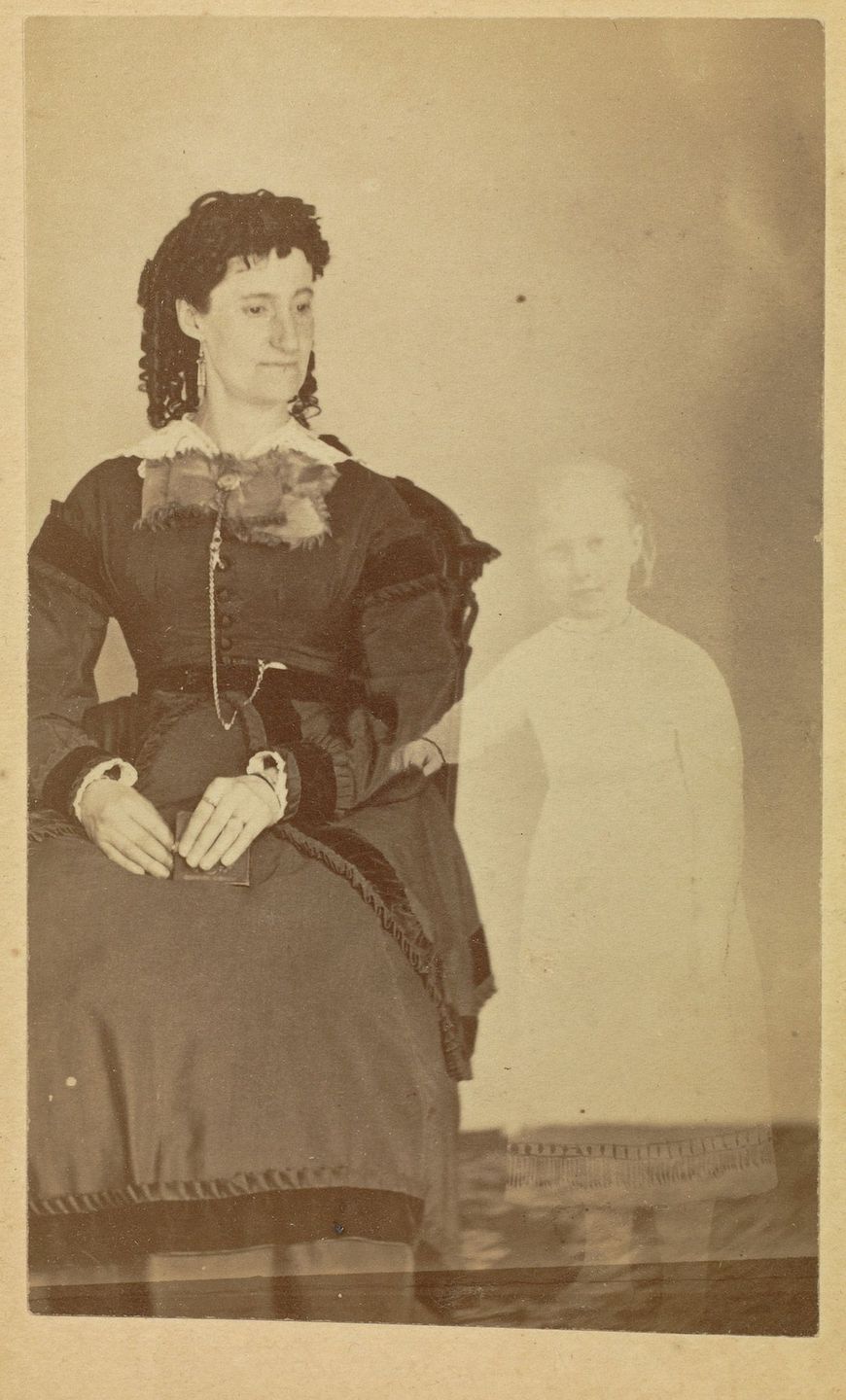
“What hath God wrought!” is the telegraph message sent by Samuel Morse from Washington, D.C., via telegraph in 1844 (a quote from Numbers 23:23, typically translated with an “!”, not a “?”). Once again society had been transformed by new communications technologies. The US Civil War was, in many ways, fought with the telegraph, making Lincoln the first “telegraph President.” The Chinese “Imperial Telegraph Authority” was established in 1881 but didn't have nearly the impact as it did in the West. Electricity brought “talking to the dead” along with it. Both Thomas Edison and Alexander Graham Bell were “occultists,” for whom the apparent immateriality of electricity carried supernatural implications. The Electric progressed from telegraph through many technological phases, ultimately leading to Television and its progressive detachment of the population from reality. This is the world in which many of us have grown up.
ELECTRIC (c. 1850-2000)
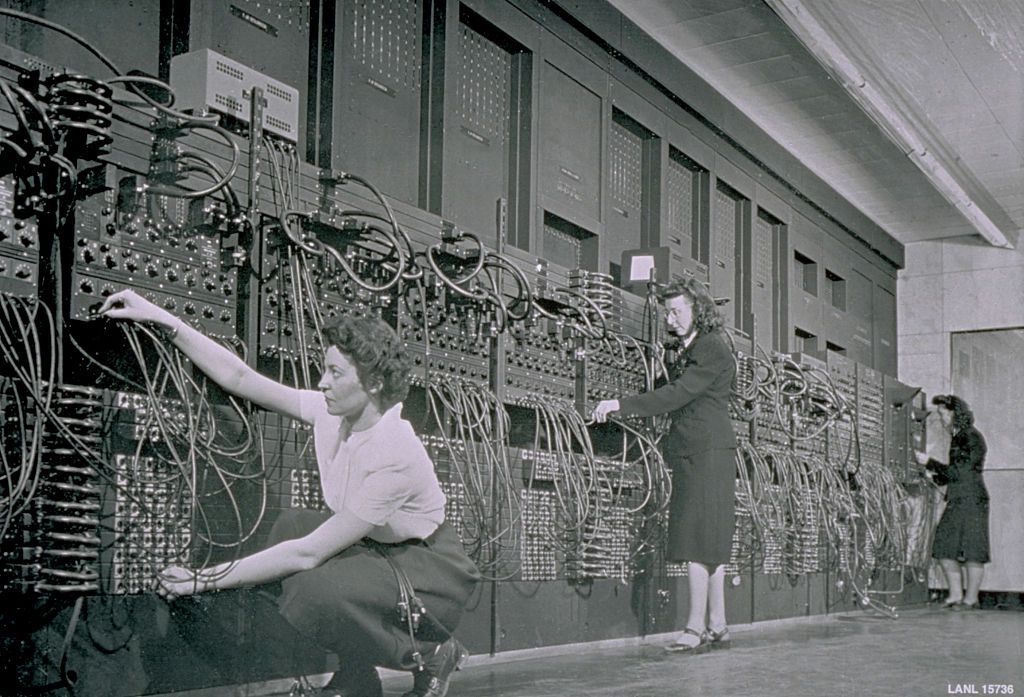
Digital technology – so named for its internal use of discrete not analog voltage-levels, after our separate “digits” (fingers and toes, but not the thumbs) – has been with us since the earliest computers were developed in the 1930s. However, as is typical of these transitions, the broad social impact of the technology was not well understood at the beginning. As stand-alone machines, given limited tasks and too expensive for wide-spread deployment, digital could replace human “calculators” (as those who worked with numbers were often called) but not upend society overall. It was the invention of computer networking – at first over telephone lines, followed by the “broadband” Internet – which changed all that. By the 1990s, networks were being installed everywhere. As computers became faster and cheaper, they also become “personal.” And then came the robots. There was no going back. Humanity now lives in a very different world.
DIGITAL (c. 2000-????)